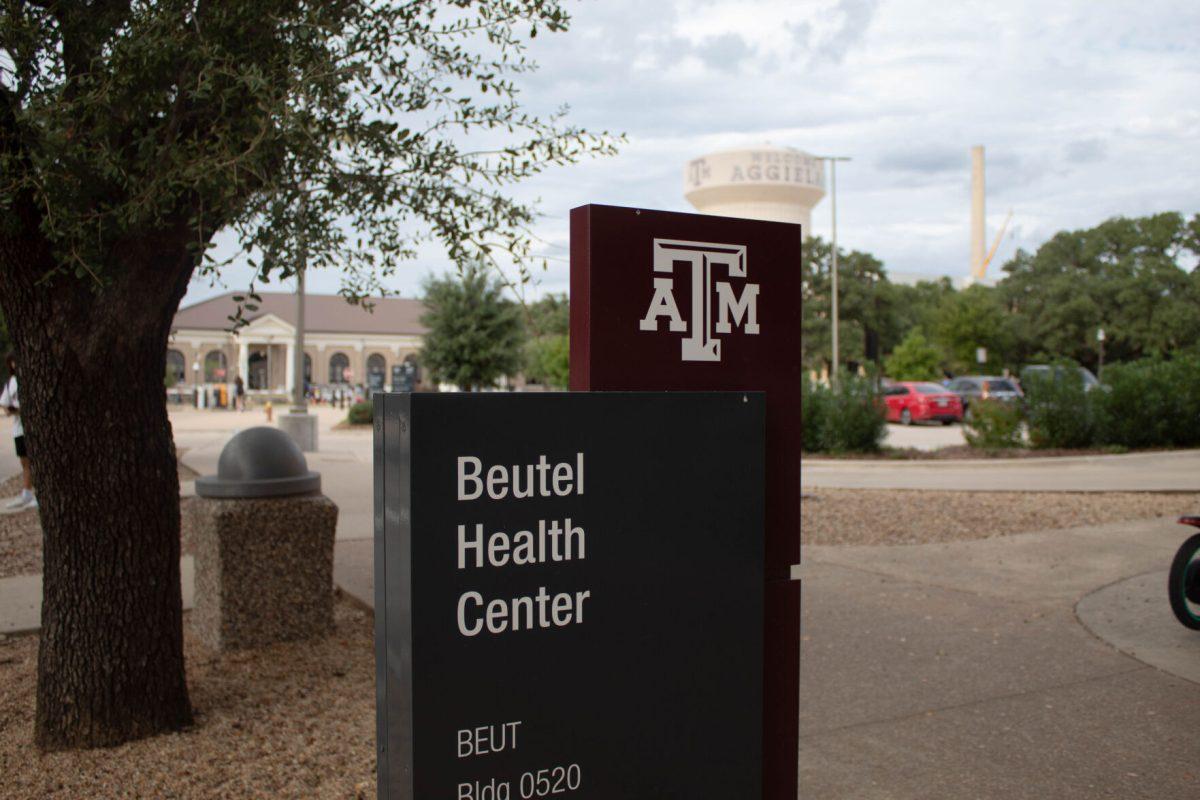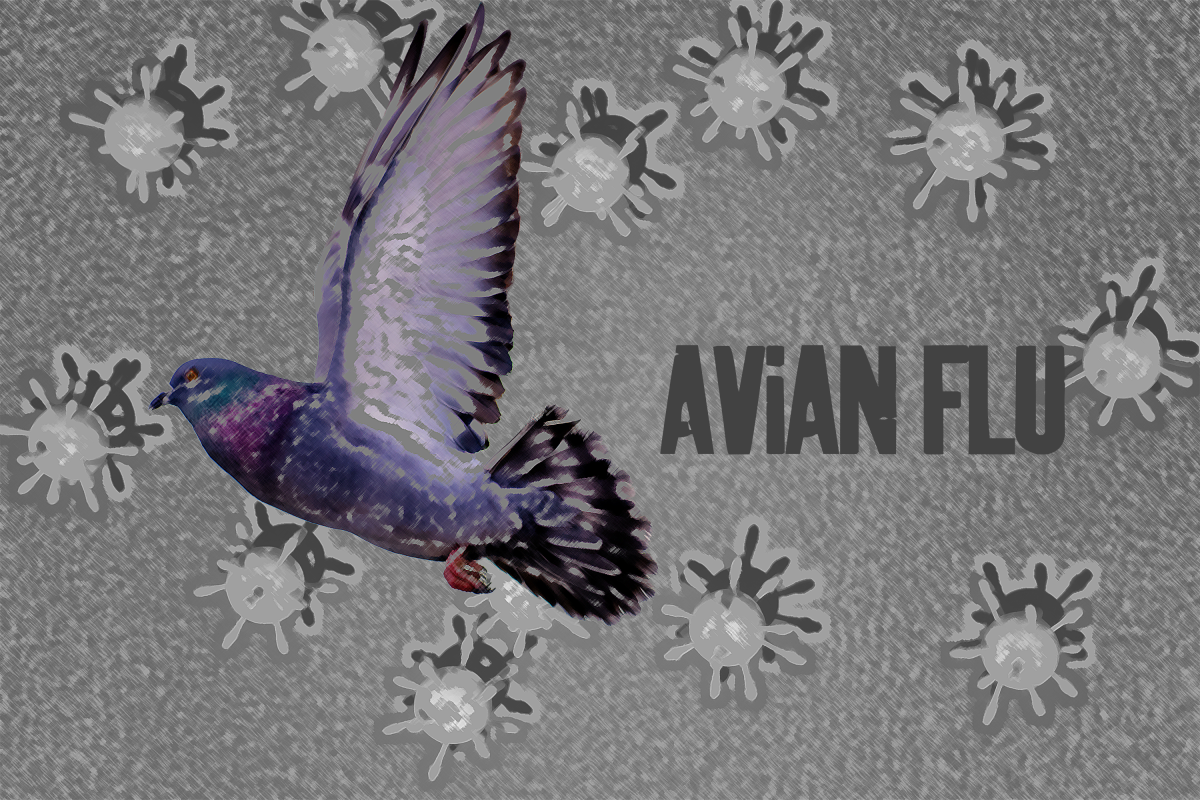With the stress of exam season, poor nutrition and sleep deprivation can be as prominent as textbooks and pencils. Roughly 32 percent of Texas A&M University students indicated stress affecting their academic performance last year according to the American College Health Associations National College Health Assessment
Sharon Robinson, associate professor and nutrition extension specialist in the Department of Nutrition and Food Science, said stress takes a toll on students bodies and minds as they seek shortcuts to success.
When students are studying for finals it may be tempting to load up on coffee or energy drinks, Robinson said. However, caffeine should be limited to no more than 300 milligrams per day by healthy adults. Three regular cups of coffee contain about the daily limit.
Lauren Dorsett, health educator at Beutel Health Center, said students need to remember their health as a priority while tackling exams. She said Beutel receives countless students every semester with symptoms like exhaustion, headaches and muscle tightness which stems from poor nutrition and stress.
There are several things students can do to help
maintain healthy habits during exams. It is important to get plenty of sleep 8 hours a night is best, Dorsett said. Also, focusing on a healthy diet and daily exercise can also help beat stress, so its best to aim for at least 30 minutes of moderate intensity exercise each day.
Dorsett said while caffeine can fuel students temporarily, they should be aware of the dangers associated with them.
The effects of too much caffeine can include headaches, irregular or fast heart rate, nausea, nervousness and dehydration qualities that can be detrimental to academic performance, Dorsett said. In small doses, a cup of coffee for example can be a helpful boost, but be cautious of how much you consume to avoid negative side effects.
While the effects of caffeine on the central nervous system can be attractive to students, experts advise that caffeine should not be taken in large quantities. Students should be aware of their intake. Many energy drinks contain much more caffeine than the U.S. Food and Drug Administrations limit for soda, which is set at 65 mg caffeine per 12 ounces.
Dorsett said students should seek energy from sources like exercise, healthy eating and natural alternatives, like green tea.
Ditch the sugary drinks like sodas and stick with good carbs from whole foods, including fruits, vegetables, nonfat dairy products and whole grains, Dorsett said. According to Meghan Windham, RD, Student Health Services dietitian, focus on combining carbs like fruit and whole grains with lean protein for better sustained energy.
Stress depletes the body of essential vitamins and nutrients, which are needed to stimulate the brain and keep students focused. Dorsett said students should plan ahead for more stressful times in their semester and remember to always prioritize their health.
Sydney Ware, junior nutrition major, said she finds it hard to fit in proper sleep and meals when overwhelmed with finals.
I run every day so during finals time I try to keep that up, but I dont always eat properly when Im stressed. Id tell students to pack snacks and try to stay hydrated while studying. I drink a lot of green tea, Ware said.
Professor, staff offer advice to ease exam stress
August 1, 2012
0
Donate to The Battalion
$810
$3500
Contributed
Our Goal
Your donation will support the student journalists of Texas A&M University - College Station. Your contribution will allow us to purchase equipment and cover our annual website hosting costs, in addition to paying freelance staffers for their work, travel costs for coverage and more!
More to Discover









